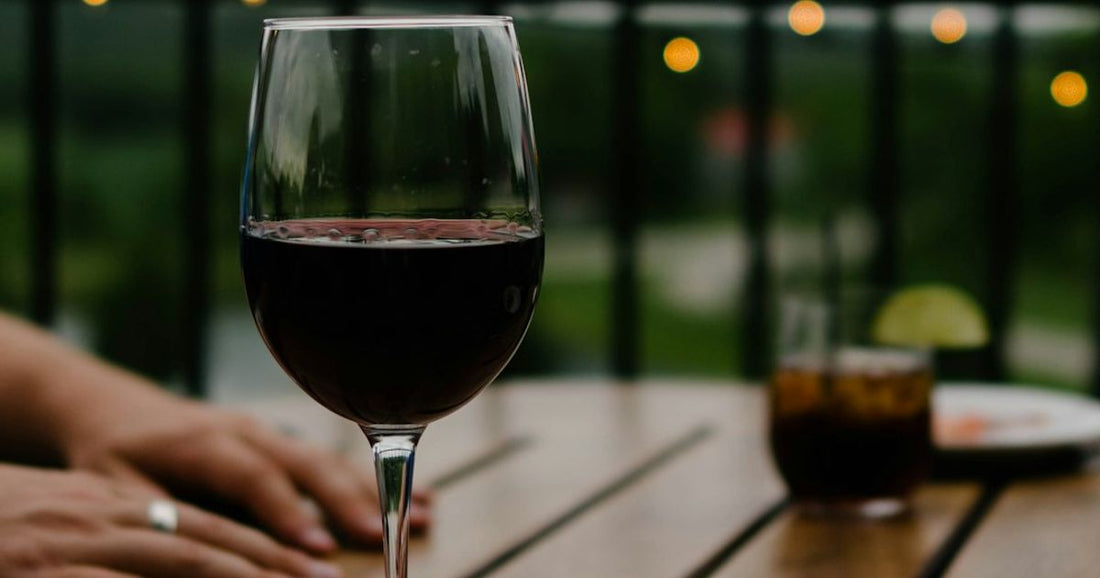
Evolution of Wine Grapes in Iberia
Share
The Iberian Peninsula, a land steeped in history and culture, has been a significant player in the world of winemaking for thousands of years. From the Phoenicians who introduced the vine to this sun-drenched land, to the Romans who recognized its potential for producing exceptional wines, the evolution of winemaking in Iberia is a fascinating journey. This journey not only tells the story of wine but also mirrors the broader cultural, technological, and agricultural advancements across the ages. In this article, we'll explore the rich history of winemaking in the Iberian Peninsula, tracing the development of viticulture from ancient techniques to modern innovations. Join us as we delve into the past, present, and future of Iberian wine grapes and their profound impact on the global wine scene.
Key Takeaways
Before we embark on our historical journey through the vineyards of Iberia, let's highlight some key points to keep in mind:
- The Iberian Peninsula has a long history of viticulture, dating back to the Phoenicians and Romans.
- Monasteries played a crucial role in preserving winemaking techniques during the Middle Ages.
- The introduction of new grape varieties and modern viticultural practices has significantly shaped the evolution of Iberian wines.
- Climate change and technological advancements are currently influencing the future of winemaking in the region.
Ancient Beginnings and Roman Influence
The story of Iberian winemaking begins with the arrival of the Phoenicians, ancient seafarers who introduced viticulture to the region around 1100 BCE. These early vineyards laid the foundation for a winemaking tradition that would be significantly expanded by the Romans.
The Phoenician Legacy
The Phoenicians, renowned for their trading and seafaring skills, brought the first grapevines to the Iberian Peninsula. They recognized the region's potential for viticulture, thanks to its favorable climate and fertile soils. The establishment of trading posts along the coast facilitated the spread of viticulture inland, setting the stage for a thriving wine industry.
Roman Expansion and Innovation
The Roman conquest of Iberia further accelerated the development of viticulture. The Romans introduced advanced farming techniques, including sophisticated irrigation systems and the use of terracing to maximize agricultural output. They also implemented strict quality controls and began exporting Iberian wines across the Roman Empire, establishing the region's reputation as a producer of fine wines.
The Medieval Era: Monasteries and Moorish Influence
Following the fall of the Roman Empire, the Iberian Peninsula experienced a period of turmoil. However, during the Middle Ages, monasteries emerged as the custodians of viticultural knowledge, playing a pivotal role in preserving and advancing winemaking techniques.
Monastic Viticulture
Monasteries became the epicenters of winemaking during the Middle Ages. Monks meticulously cultivated vineyards and produced wines for religious ceremonies and daily consumption. Their dedication to viticulture and winemaking not only preserved these traditions but also led to significant improvements in wine quality. The role of monasteries in Iberian winemaking is explored further in our article on The Role of Monasteries in Iberian Winemaking.
Moorish Influence
While the Moors, who controlled much of the Iberian Peninsula from the 8th to the 15th century, generally prohibited alcohol consumption, they contributed to viticulture through their advanced agricultural techniques. The introduction of new irrigation methods, such as the acequia system, greatly enhanced the productivity of vineyards and allowed for the expansion of viticulture into arid regions.
The Renaissance and Beyond: Innovation and Expansion
The Renaissance period marked a new era of exploration and innovation in Europe, which had a profound impact on Iberian viticulture. The introduction of new grape varieties and winemaking techniques from abroad significantly enriched the Iberian wine tradition.
New Grape Varieties and Techniques
The discovery of the Americas and the expansion of trade routes brought new grape varieties to the Iberian Peninsula. This genetic diversity allowed winemakers to experiment with different blends and styles, leading to the development of unique regional wines. Additionally, the adoption of new winemaking techniques, such as controlled fermentation and barrel aging, enhanced the quality and complexity of Iberian wines.
The Spread of Iberian Wines
The Renaissance also saw the rise of Iberian wines as a global commodity. Spanish and Portuguese navigators transported wines to the New World, establishing vineyards in what are now Mexico, Chile, and Argentina. The popularity of Iberian wines continued to grow, bolstered by the reputation of regions such as Rioja, which became synonymous with quality wine production.
Modern Viticulture: Challenges and Innovations
In recent decades, the Iberian wine industry has faced numerous challenges, including climate change and market globalization. However, these challenges have also spurred innovation, leading to a new era of sustainable viticulture and wine production.
Adapting to Climate Change
Climate change poses a significant threat to traditional viticultural practices in the Iberian Peninsula. Rising temperatures and changing precipitation patterns have forced winemakers to adapt, experimenting with new grape varieties more resilient to these conditions and adopting sustainable farming practices to mitigate environmental impact.
Technological Advancements
The adoption of modern technology has revolutionized Iberian viticulture. Precision agriculture, including the use of drones and satellite imagery, allows for more efficient water and nutrient management. Innovations in winemaking, such as temperature-controlled fermentation and advanced filtration techniques, have further enhanced the quality and consistency of Iberian wines.
Looking to the Future: The Evolution Continues
As we look to the future, it's clear that the evolution of wine grapes in the Iberian Peninsula is far from over. Climate change, technological advancements, and changing consumer preferences will continue to shape the region's viticulture and winemaking practices. However, the rich history and deep-rooted traditions of Iberian winemaking provide a strong foundation for facing these challenges and seizing new opportunities.
The journey of Iberian winemaking is a testament to human ingenuity and resilience, reflecting the broader story of cultural and technological progress. As we continue to explore and appreciate the diverse wines of the Iberian Peninsula, we also celebrate the enduring spirit of innovation that has defined this remarkable wine region for millennia.


